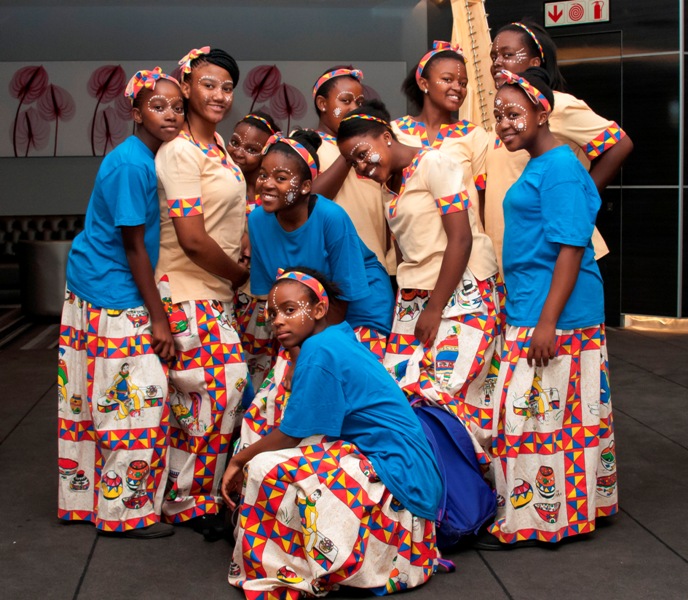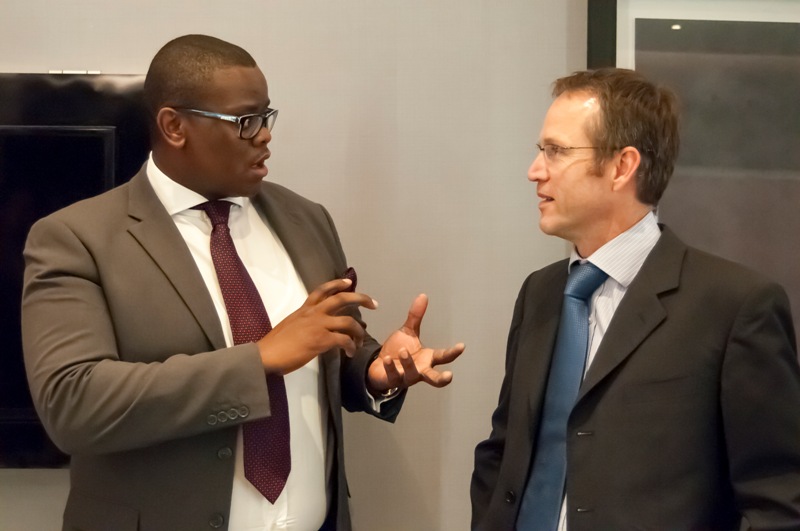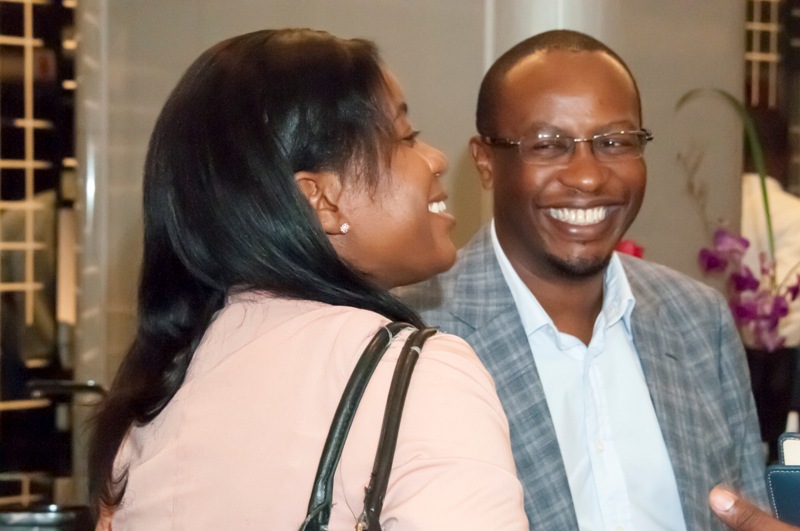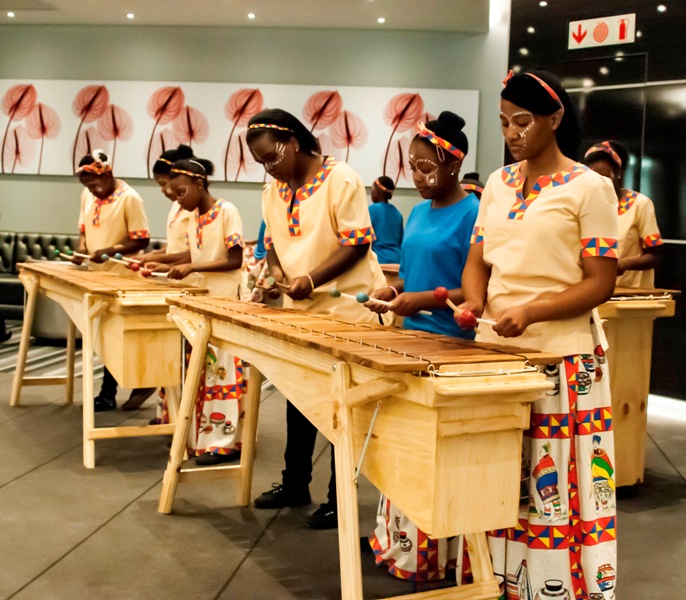Rapid growth in African markets means companies need the right talent. The Careers in Africa London Summit provided a selection of high calibre candidates for companies who are looking for their leaders of tomorrow.
Africa continues to see strong economic growth in 2014 and that looks set to continue well into 2015, with some African countries in double digit growth. The story for Africa currently is overwhelmingly positive. The average growth rate is about 4% year on year, although there are variations across regions and industries in this market, with East and West Africa showing the fastest growth.
In order to support sustainable growth plans, companies in this market are looking to invest in their future leaders who can drive businesses forward. The 12th annual Careers in Africa’s London Summit provided the perfect platform for companies to meet and interview talent that could be an integral part of their development plans, with over 1700 high calibre candidates in attendance.
As growth is on the rise , it is not a surprise that the multinationals are investing heavily in African markets. Seadrill, one of the companies recruiting at the Summit with roles available across Africa is expanding its global footprint, and recognises the need for the right talent to support this expansion . Sandra Branganca at Seadril commented on the level of available talent, ‘We are very happy to be here at this event, and we have found a lot of good talent for Africa.’ The future is promising for organisations as the talent pool is available and wants to work with leading brands to support economic growth for their home countries. Candidates that attended reflected this sentiment with one candidate commenting on the employment market and the benefits of returning to Africa, ‘‘It was always going to be the long term goal to head back home. What motivates me is my family and also the growth and opportunities in Africa that there is compared to Europe.’
With the majority of companies looking to fill opportunities in these African markets, it is no surprise that there were hour long queues at some of the exhibitor stands, especially those who have a wide business presence across Africa. Rapid growth can only mean aggressive investment in talent and recruitment strategies from these major players, with a trend that looks like it will only grow further in the coming year. Alex Mugan, the Marketing Director at Global Career Company has seen this trend develop over the last year ‘The market conditions in Africa continue to change rapidly, meaning organisations need to be recruiting talent that will help drive business performance forward over the longer term – with companies looking for those ‘star’ candidates, the potential business leaders of the future. These candidates have to display the right level and mix of both relevant qualifications and experience as well as soft skills that they can bring to an organisation. Staff retention is also on the increase, as companies invest more in their employees, understanding the value and impact investment in human capital can have on a business.’
The Summit this year was supported by a new initiative, the Talent Agenda Conference, that focussed on the skills and talent gap between local African talent and the Diaspora, to understand in more depth the challenges that companies face, and where they can resource a sustainable talent pool that meets all their requirements. Alessandra Zorzato, Events Director for Global Career Company who managed the conference commented on the positive contributions from attending clients: ‘The Talent Agenda 2014 London Conference was the first event in a Series that aims at supporting businesses in Africa in writing their future recruitment strategy blueprint. Speakers and attendees welcomed the Conference as informative and well-attended, and Careers in Africa and Global Career Company as forthcoming thought-leaders in human capital excellence for Africa.‘
The Careers in Africa London Summit was the most successful Summit for Global Career Company to date, which saw over 1700 candidates and 28 participating companies attend the weekend long event. For more information on the Careers in Africa Summit’s and how to get involved please contact Global Career Company on conference@globalcc.net.






